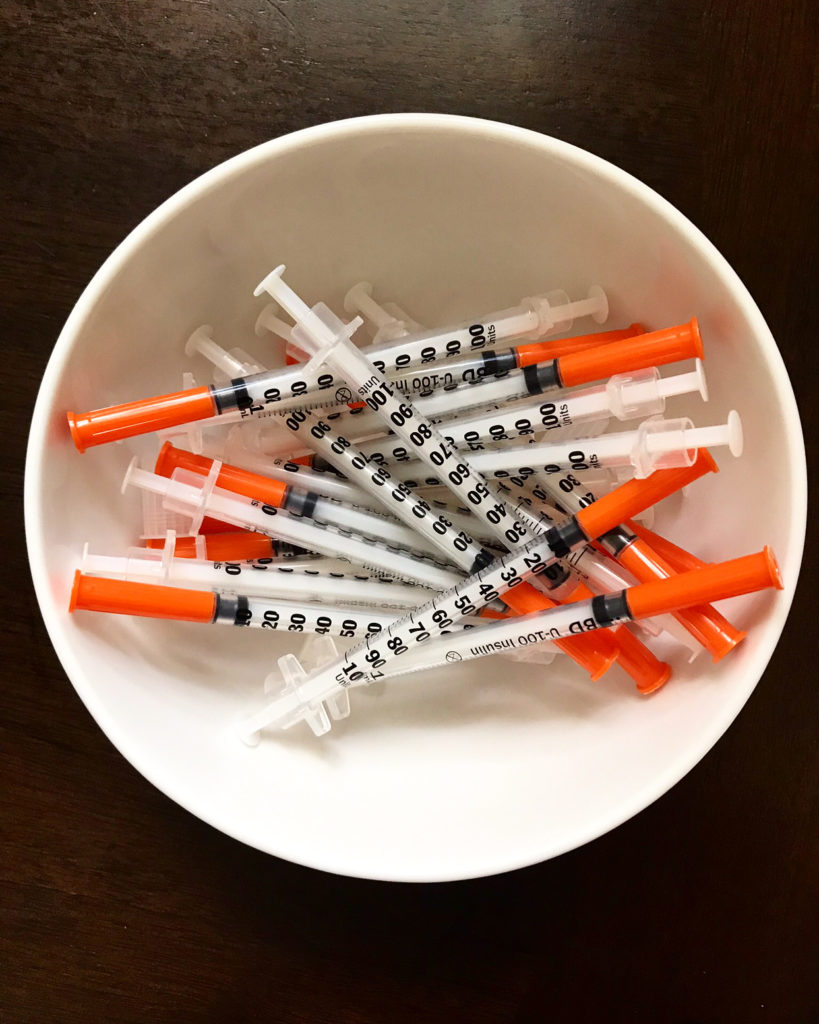Diabetic Complications
No one who has diabetes or loves someone with diabetes likes to think about complications.
However, it is important to learn about diabetic complications when living with diabetes or having a loved one who is diabetic. Prevention is key and I hope that you will join me in learning about diabetic complications. More information on complication will be shared here on my blog and on my IG posts.
In addition, I will list some steps we can take in order to protect our bodies long term. I want to note that I am NOT a diabetes educator but I am a diabetic (21 years) and an educator. I enjoy conducting experiments on my own body, researching diabetes, learning how to improve my health through movement and nutrition, and sharing this information with others. BUTTTTTT I will be completely honest with you, I have always felt uncomfortable reading about complications and I avoid it at all costs! Since I’ve had diabetes for so long, I think it’s important to finally take learning into my own hands, in order to be focused on prevention. Now that I explained some background- let’s begin!
What are diabetic complications?
Diabetic complications are problems that could arise in someone living with diabetes. They vary from person to person and can be either acute or chronic. Don’t read this post in fear, we are simply learning here. Have you heard that “some complications can be prevented and having complications isn’t inevitable” OR “even if you take care of yourself you could still have complications.” What’s the deal? Both are true… yes having good blood sugar control can delay or prevent complications. Still many people may do everything right, have good blood sugar management, and still develop complications.
Common Complications
Complications is an umbrella term for nerve damage (neuropathy), kidney disease (nephropathy), diabetic ketoacidosis (DKA), heart disease or stroke, blindness or an array of eye issues (example-diabetic retinopathy), cardiovascular disease, amputations, high blood pressure, skin complications, and blood vessel damage.
Prevention Toolkit Tip #1
Think about all the technology and tools we are armed with today, we have a lot to work with! All of the tools we have can help us with blood sugar control, it’s just up to us to learn, experiment, and work hard day in and day out. Work with a diabetes care team, Endocrinologist, nutritionist or doctor to learn how to get your blood sugars in control. Also, always do your own research but take things online with a grain of salt. You may have to filter through many unreliable resources in order to find the good information. Take this tip, add it to your toolbox, and remember that knowledge is power!
Stephanie

